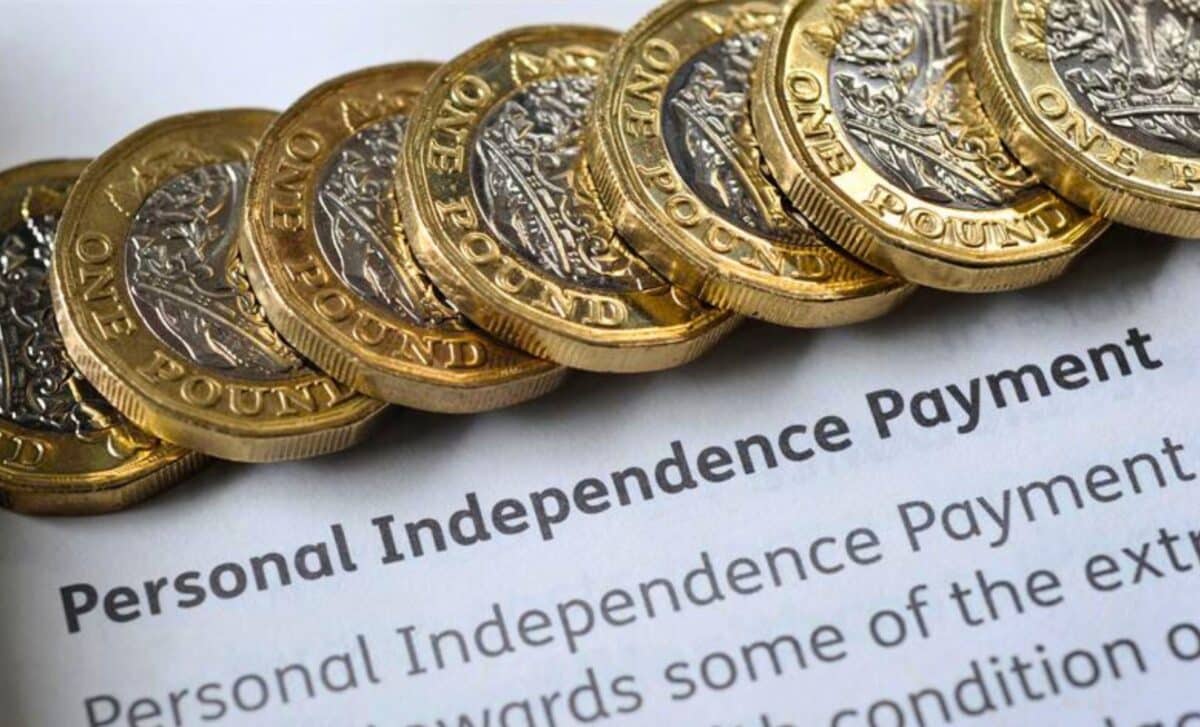The UK government is set to make potential changes to the current Disability Benefit PIP Scheme ahead of the local elections. The proposed changes, aimed at tackling the country’s unemployment crisis, could replace existing monthly payments with vouchers.
This new approach was proposed as part of the latest policy backed by Rishi Sunak. The reason behind the call for reform is the rising costs associated with PIP.
It is estimated that annual expenditure on PIP will have more than doubled by the end of the decade, to more than £30 billion. This increase is attributed to the growing number of beneficiaries, particularly those with mental health problems.
One of the ideas put forward for reform is the introduction of one-off grants for costs such as adapting a home or expensive equipment. Another idea is to provide vouchers that can be spent on improvements.
In addition, disabled people could be required to provide receipts for the purchase of aids or appliances. As a fourth option, those with mild conditions could receive more state-funded treatment rather than money.
These new measures are part of proposed changes to Personal Independence Payment (PIP), a key form of financial support for disabled people.
The plan is due to be announced on Monday, just days after the local elections, when the Conservatives are bracing themselves for a potentially disappointing result.
Current Personal Independence Payment (PIP) System
PIP represents a vital part of the UK Government’s financial support for disabled people. It is distinct from Incapacity Benefit, which is paid to people who are too ill to work, and from the support given to disabled people who work through the Universal Credit system.
Currently, an estimated 2.6 million people of working age receive PIP every four weeks, which can amount to up to £5,000 a year. It is intended to cover any additional costs associated with their disability, from stairlifts to taxis.
The £22 billion spent each year on these payments is expected to increase by 50% in four years as more and more people, including those with mental health problems, qualify for this support.
The proposed reforms were met with a mixed reception. Some believe the reforms are necessary to ensure the sustainability of the system. However, critics say the changes could potentially disadvantage those who really need financial support.
The consultation will also consider similar models in other countries, such as New Zealand and Norway. For example, New Zealand uses a health practitioner to verify additional costs, while Norway uses a letter from a general practitioner to describe the costs associated with a person’s state of health.










How are disabled people supposed to pay for travel i have mobility problems which i need a mobility scooter for my independance but cant get on buses with it so sometimes need taxis for travel for shopping doctors hospital appointments how am i supposed to do that with vouchers just think there trying to cut disability money because were easy targets
I think it’s sick . this government is so crap so that money take of poor so they put in their pockets
It won’t work
how do I pay for taxis and bills with vouchers.all shower etc been done
The Tories want us dead. Disabled people will not be able to survive with these changes. Vote them out. We have a right to exist and to live.